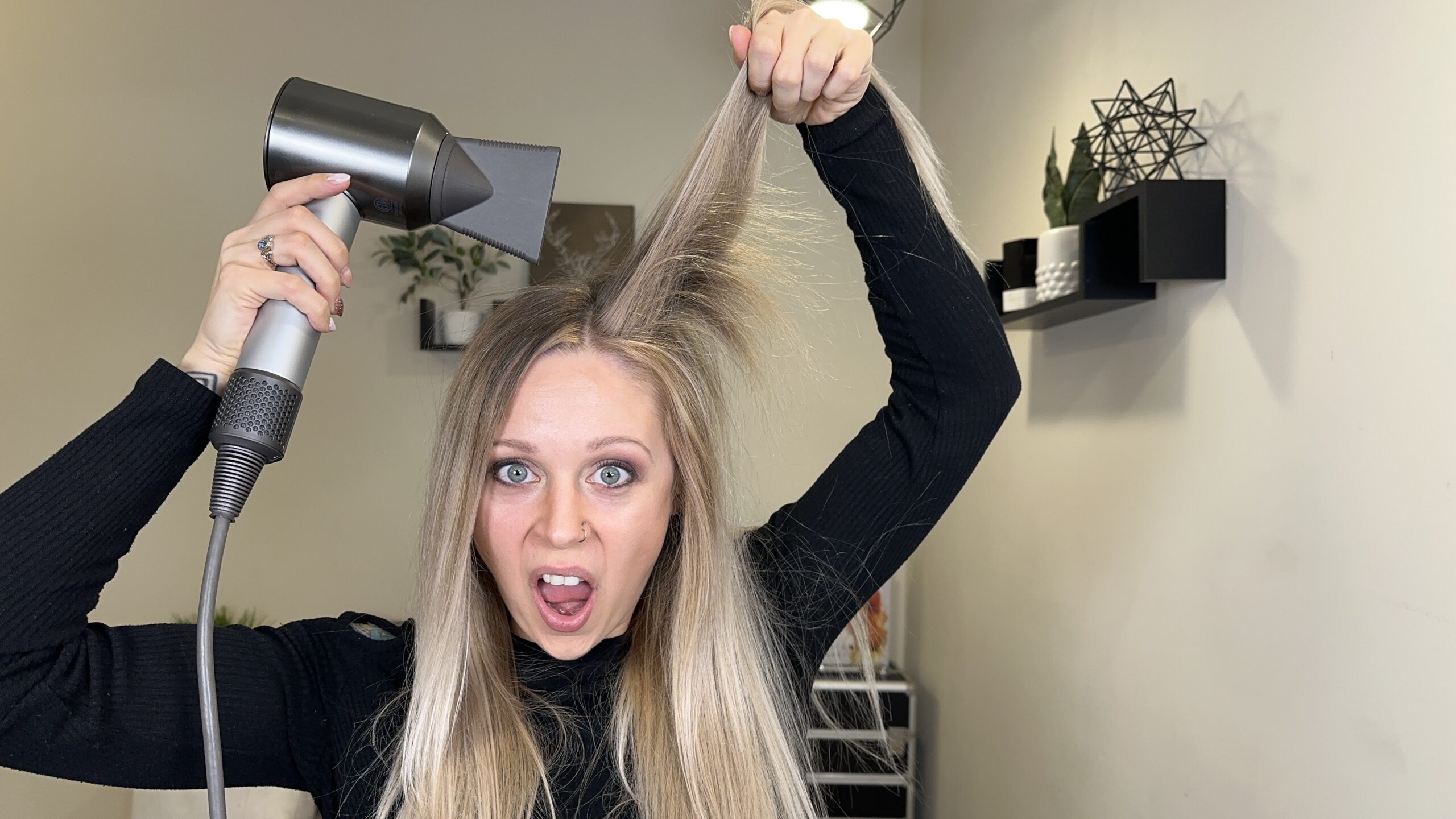
Do you know local water supplies contain contaminants like lead, mercury, and bacteria, most probably you do, but are you well prepared? Even if the water has been treated, these can enter it accidentally, so you need to make sure you’re well protected. Clean water is not just right for your body, but it gives you that mental satisfaction that you’re potentially away from those harmful contaminants.
Do You Need A Water Purifier System?
Probably yes, because actually, we all do. A steady supply of purified water serves several purposes; the benefits are plenty, it reduces the risk of being harmed by a number of harmful particles that could’ve entered your body, here are a few reasons explaining why you should install best water purifier system as soon as possible.
- Lower Cancer Risk
Toxic chemicals present in the untreated water can really be dangerous for your health. The chlorine present in the untreated water can cause cancer, asthma, and congenital disabilities too, exposure to these can weaken your immune system and make you prone to diseases.
- Improved Flavor
Those rusty pipes can make that water taste and smell like metals, boiling does take a lot of time and is not always convenient, water purification systems make sure that your water tastes clean and fresh making it even healthier.
- Cost-saving
We all purchase packaged drinking water, sometimes in the household too. The cost of buying these bottles can add up to a lot of money, save it all by investing in a good water purifying system. The investment is not just going to save you a lot of money but also safeguard you and your family against potential health threats.
Maybe a one-time investment, but installing a water purifier can actually save you thousands. You should not compromise with your health, and that’s the reason you should not think twice before choosing for a better lifestyle.
Best From The Rest
We live in a very economic world where persuasive marketing strategies are always in demand; within these parameters, it can be a little difficult to choose something that will actually suit you the best. Let’s be clear, not all of us go to the market with best research and knowledge and reviews are what we’re totally dependent upon under such conditions, so keep reading along and let us be your guide to help you choose the best for you,
To move ahead, let us ask you a few questions, what’s the water type, is it soft or hard? Hard water usually leaves those taps rusted, and you can definitely know about this by identifying the source of water. If it comes from underground, it’s most probably hard and on the other hand, if it comes from rivers or municipality managed systems, then the chances are it’s soft. Don’t be confused that soft water doesn’t need to be treated, though not as wrong but it can seem to be really harmful if consumed untreated for an extended period of time.
The next thing you need to know about is the TDS level, total dissolved solids, which represent the total concentration of dissolved solids in the water organic as well as inorganic. The TDS must be between 150 to 500, higher than that is bad for your kidneys and hair, and a lower value means it lacks essential minerals.
UV, UF, or RO?
- Reverse Osmosis or an RO water purifier has a membrane with pores up to 0.0001 microns, which means it filters the smallest of the impurities. It works on electricity and is recommended to be installed only if the water has high levels of TDS, higher than 500ppm.
- Ultrafiltration or UF works on the same grounds as an RO purifier; the difference is just about the membrane, where the pores are a little bigger, up to 0.01 microns and it can work without electricity too. This technology can only remove dissolved solids or more significant impurities and hence isn’t suitable for hard water or water with higher TDS levels.
- Ultraviolet Purification or UV, use both pre-filters and carbon filters that remove undissolved impurities as well as harmful contaminants like chlorine, recommended for water with low levels of TDS, for example, muddy water.
Choose Wisely
As discussed earlier, we recommend an RO purifier if the TDS levels are above 500ppm, for below than that you can choose UV, UF or UV+UF. Make sure to maintain a healthy level of TDS, or it can have negative impacts on health. All of these filters are a little bulky and heavy so before getting one installed, make sure to know about its dimensions and area where it has to be implanted. Make sure about the electricity connection, a switchboard as well as the supply of continuous water at a decent pressure. We hope our suggestions will help you pick a suitable purifier for your home or office.








